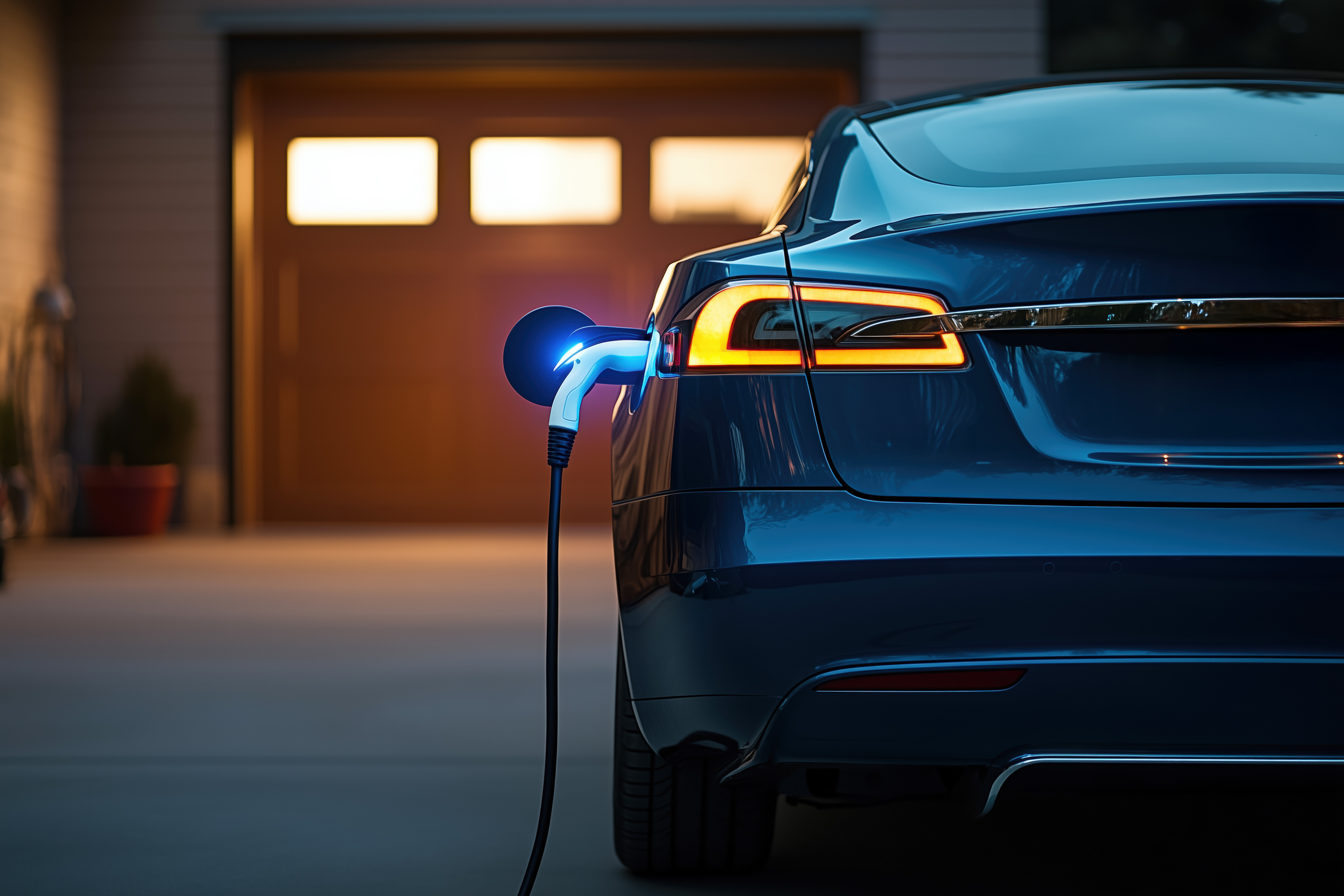While electric vehicle (EV) prices have decreased in recent years, they remain higher than traditional gas-powered vehicles, limiting widespread EV adoption. However, with advancements in battery technology, increased competition, and growing government support, the landscape is rapidly changing.
If you’re considering purchasing an EV in the future, you may be wondering when they’re expected to become more affordable. Here’s what you need to know.
Current Price of Electric Vehicles
The price of electric vehicles has been a critical factor in their adoption, and it has been steadily decreasing as technology improves and manufacturing scales up. As of 2025, the price range for electric vehicles today spans from under $30,000 for smaller, entry-level models to over $100,000 for luxury performance variants. As the market matures and technology improves, we can expect a broader variety of affordable, longer-range electric vehicles to become available.
Factors Influencing EV Prices
EV pricing is influenced by several key factors:
- Battery costs: The largest driver of EV prices, with advancements in battery technology and economies of scale helping to reduce prices.
- Manufacturing scale: Increased production lowers per-unit costs, but supply chain challenges can push prices up.
- Government incentives: Tax credits and stricter emissions regulations can make EVs more affordable, while consumer demand and market competition encourage automakers to innovate and offer lower-cost options.
- Brand and model positioning: Premium brands cost more due to luxury features and performance.
- Raw material costs: Lithium and cobalt costs can fluctuate, influencing overall pricing.
- Advancements in technology: Features like autonomous driving and the development of charging infrastructure can impact the final cost of EVs.
Remember, as technology improves and competition intensifies, EV prices are expected to continue to decrease.
Government Incentives for Those Purchasing an Electric Vehicle
Governments worldwide offer various incentives to encourage the adoption of electric vehicles (EVs) as part of efforts to reduce carbon emissions and promote sustainable transportation. In many countries, federal tax credits provide significant savings. For example, in the U.S., buyers can receive up to $7,500 in tax credits for qualifying new EVs under Internal Revenue Code Section 30D. Some states also offer additional rebates, tax credits, or grants. Incentives for used EVs are also available in certain regions, helping to make electric cars more affordable for a broader range of consumers.
Exemptions from registration fees, road taxes, and tolls are commonly offered to EV owners, further reducing the total cost of ownership. Additionally, free or subsidized charging infrastructure may be provided. These incentives, along with decreasing vehicle prices, play a crucial role in making EVs more accessible and appealing to consumers.
When Will EVs Become More Affordable?
Electric vehicles are expected to become more affordable in the coming years due to a decrease in battery costs and an increase in production and competition. By the early 2030s, it is expected that EVs will be on par with or even cheaper than traditional gasoline-powered vehicles, offering more budget-friendly options for consumers while helping to accelerate the transition to cleaner, more sustainable transportation.
FAQs About Electric Vehicle Affordability
Still wondering about the price of electric vehicles? Read on for the answers to some frequently asked questions about EV affordability.
What's the average price of an electric car today?
As of 2025, the average price of an electric car in the U.S. is around $55,000. However, prices can vary significantly depending on the model, ranging from approximately $26,500 for more affordable options to over $100,000 for luxury models.
Are electric car prices going to go down?
Yes, electric car prices are expected to go down in the coming years. As battery technology improves and EV production increases, manufacturing costs are expected to decrease. Additionally, growing competition in the EV market and ongoing government incentives will further help reduce prices, making electric vehicles more affordable for a broader range of consumers.
Are electric cars cheaper than gas cars in the long run?
Electric cars are generally cheaper than gas cars in the long run. While the upfront cost of an EV may be higher, benefits like reduced fuel expenses (electricity vs. gasoline) and fewer maintenance needs (no oil changes, fewer moving parts) can result in significant savings over time. Additionally, many governments offer incentives that can lower the initial purchase price.
Electric Cars Are Becoming More Affordable
The affordability of electric cars is rapidly improving and is expected to continue in the coming years. With advancements in battery technology, increased competition among automakers, and government incentives, the cost of EVs is set to decrease. As production scales up and more affordable models enter the market, the gap between electric and gas-powered vehicles will narrow.
While the exact timeline remains uncertain, experts predict that by the early 2030s, electric cars will be accessible to a broader range of consumers, making them a more affordable and sustainable choice for the future.
If you’re considering purchasing an EV, learn about Gexa Energy’s EV charging plans.






































